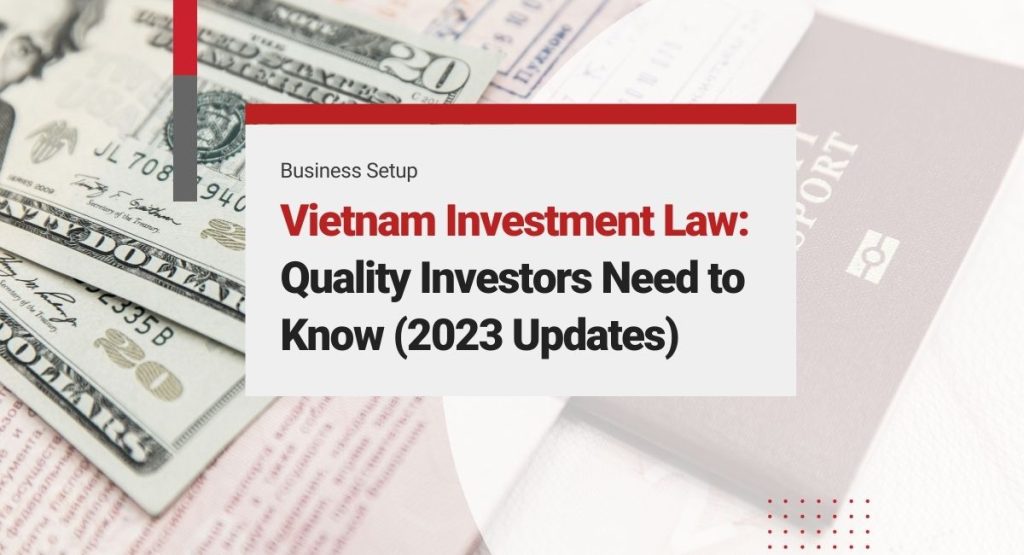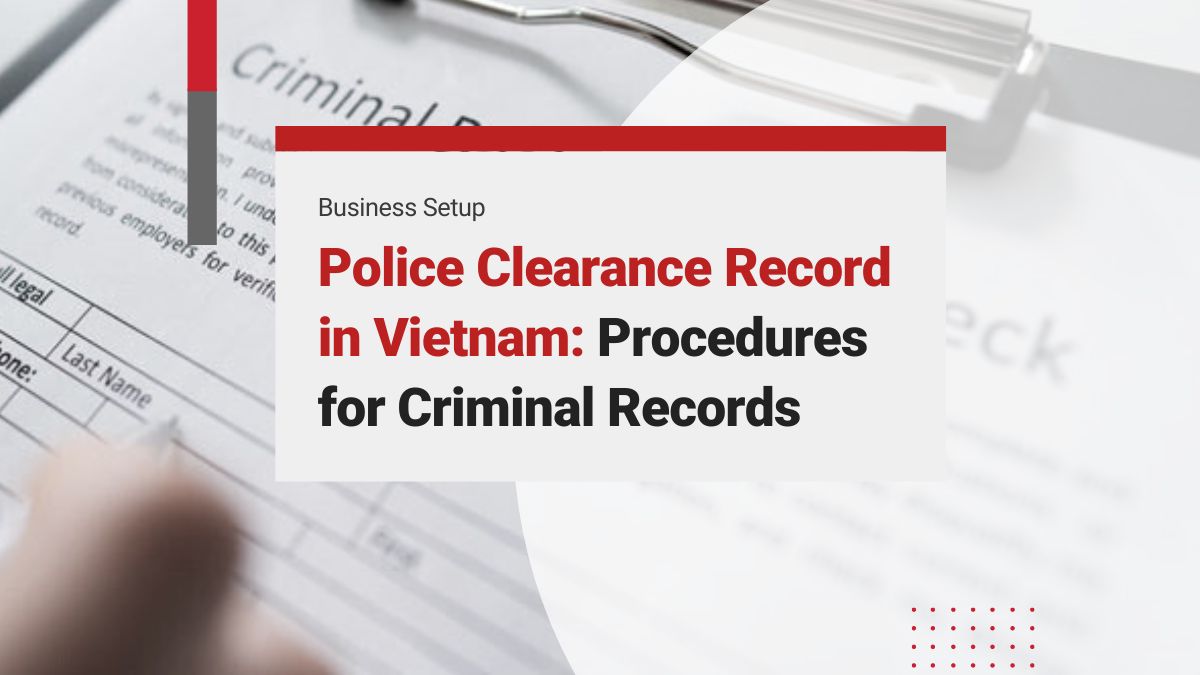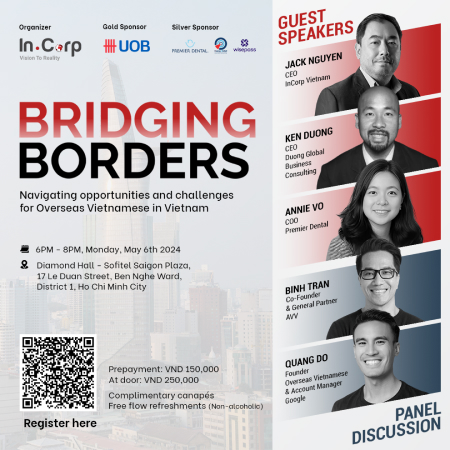Vietnam investment law has been multiplying in the past few years. Thanks to its fast and efficient response to the coronavirus pandemic, Vietnam has a speedy economic recovery compared to other countries in Asia.
Data from GSO indicated that in the first 6 months of 2023, the gross domestic product (GDP) experienced a growth rate of 3.72%, slightly surpassing the 1.74% growth rate observed during the same period in 2020, spanning the years 2011 to 2023.
The overall increase in the total added value of the economy saw the agriculture, forestry, and fishery sector grow by 3.07%, contributing 9.28% to the overall growth. The industry and construction sector recorded a growth of 1.13%, contributing 11.87% to the total growth, while the service sector exhibited an impressive growth of 6.33%, contributing 78.85% to the overall growth rate.
As of May 20, 2023, the Department of Foreign Investment (DFI) has reported a substantial improvement in foreign direct investment (FDI) in Vietnam. During the first five months of 2023, the total registered FDI reached approximately US$10.86 billion. Notably, newly registered capital amounted to over US$5.26 billion, reflecting a significant increase of 27.8% compared to the corresponding period in 2022.
Investing in Vietnam? See InCorp Vietnam’s Immigration Services for Foreign Investors
Vietnam Focuses on Quality Investments
On June 26, 2023, the World Economic Forum (WEF) held its 14th Annual Meeting of the New Champions in Tianjin, China. During this meeting, the Vietnamese Prime Minister Pham Minh Chinh urged the WEF to support Vietnam in attracting investments of superior quality, particularly in sectors like high technology, energy transition, digital transformation and strategic infrastructure.
The dialogue aimed to facilitate the exchange of insights on Vietnam’s economic recovery model and its transition towards growth. The discourse also opened a platform for discussion of the nation’s business, its investment strategies and environment.
Prime Minister Chinh further highlighted that Vietnam is actively advancing three strategic breakthroughs. These include a comprehensive enhancement of institutions, the cultivation of a high-quality workforce and the establishment of modern and integrated infrastructure. This solicitation is aligned with the nation’s dedicated efforts towards environmentally sustainable and high-tech investments and its larger commitment towards sustainable growth.
Vietnam’s approach involves carefully selecting FDI projects that embody high value-added content, advanced technology and innovation, thereby accelerating its integration into the global value chain.
Prioritizing quality in investment is a paramount consideration for Vietnam. As a result, the government is taking significant steps to amend Vietnam investment law, including immigration regulations, to drive positive growth. The objective is to attract investors with substantial capital, aligning with the nation’s developmental goals.
Vietnam is undergoing substantial transformations in its growth framework, involving economic restructuring, the fostering of innovations, digital evolution, transitioning towards cleaner energy sources, and fostering a circular and environmentally friendly economy.
Read More: Doing Business in Vietnam: A Comprehensive Guide for Foreign Investors
Vietnam Investment Law & Immigration Law: Investor Visas
Vietnam’s Investment Law and Immigration Law underwent significant amendments on November 25, 2019, receiving approval from the National Assembly. Enforced on July 1, 2020, these revisions shaped the regulations pertaining to the residence, entry, exit and transit of foreigners in Vietnam.
The alterations introduced crucial shifts in investment laws for foreigners, warranting careful attention. Vide the new Immigration Law No. 51/2019/QH14, the Vietnamese government has overhauled the Law on Foreigners’ Entry into, Exit from, Transit through and Residence in Vietnam.
A noteworthy transformation permits foreign investors to secure diverse types of Vietnam investment visas, contingent upon the magnitude of their invested capital.
Under the original legislation Law No. 47/2014/QH13, the Investor (DT) visa was exclusive to foreign investors and foreign legal practitioners operating within Vietnam, while the common DN visa was designated for individuals collaborating with local enterprises. In light of these existing investment regulations, the revised law introduces an expanded array of Vietnam investment visas. Each of the visas are characterized by distinct periods of validity.
DT1 Visa
The DT1 Visa is tailored for foreign investors engaged in ventures within Vietnam as well as delegates from foreign enterprises making investments in the country. It is also applicable to investors who are contributing funds to the economic sectors and geographical regions earmarked for investment incentives by the Vietnamese Government.
The DT1 Visa can be obtained for a period not exceeding 5 years. Investors who intend to infuse a minimum total investment capital of VND 100 billion (approximately US$4.3 million), in industries or sectors prioritized by the government within specific geographical regions, can obtain this visa. The visa also offers a Temporary Residence Card (TRC) with a duration of up to 10 years.
DT2 Visa
The DT2 Visa is intended for foreign investors and representatives of foreign companies investing in Vietnam. It is granted for a period of 5 years to those with a total investment capital ranging from VND 50 billion (US$2.17 million) to VND 100 billion (US$4.35 million).
The visa category is also available for investors participating in economic sectors and geographic regions designated for investment incentives provided by the Vietnamese Government or investors venturing in sectors or occupations encouraged by the Vietnamese government.
DT3 Visa
The DT3 Visa is designed for foreign investors and representatives of foreign companies engaged in investments in Vietnam. It is valid for up to 3 years and is granted to individuals with an investment capital ranging from VND 3 billion (US$130,500) to VND 50 billion (US$2.17 million). The visa is granted for a period of 5 years.
DT4 Visa
The DT4 Visa is intended for foreign investors and representatives of foreign companies involved in investments in Vietnam. It permits a stay of up to 12 months and is issued to individuals who have made a capital contribution of up to VND 3 billion (US$130,500). The validity period of the visa is under 1 year.
Read Related: Comprehensive Immigration Guide for Foreign Investors in Vietnam
Common Visa Mistakes to Avoid in Vietnam
Skipping pre-registration
A common misconception is that travelers believe they can acquire a Vietnam visa, on arrival, directly at the airport, similar to the process for Cambodia. However, this is not accurate. Attempting to obtain a visa upon arrival without prior online application could result in flight delays, cancellations or even refusal of entry. Even if you manage to board your flight, you might face deportation.
To avoid such complications, it is essential to apply for a visa on arrival online well in advance. This ensures you can collect your visa upon arrival at international airports in Vietnam.
Incorrect Personal Information
While filling out the Vietnam visa application form might seem straightforward, it’s crucial to pay attention to details. Providing inaccurate personal details is a common error during the Vietnam e-Visa application process.
The application form allows for different name order formats, like “Surname, First, Middle” or “First Name, Middle Name, Surname.” Always use your complete full name, including your middle name, if applicable, to prevent processing delays or travel issues.
Additionally, note that the date format is mm/dd/yyyy and not dd/mm/yyyy. Enter the complete passport number as it appears on your passport, including the passport expiry date in the exact format. Double-check the form before submission to avoid complications.
The instructions for filling out an e-visa application form at Vietnam Immigration portal are also available at the website of the Vietnam Immigration Portal.
Insufficient Document Upload
Neglecting to upload the necessary documents, including a portrait photo and passport bio page, can significantly delay your Vietnam e-Visa approval process. Ensure that the portrait photo is high-quality. You should click the photo without wearing glasses and while dressed in appropriate clothing (no tank tops), facing the camera. Don’t crop the image from your passport page.
Remember, precise entry of passport details and proper document uploads are vital to ensure a smooth entrance into Vietnam.
Avoiding Trip Details Mistakes in Your Vietnam E-Visa Application
The entry date specified in your Vietnam E-visa indicates the earliest date when you can enter the country. Your visa on arrival is valid from the specified arrival date in the application, not the actual day you enter Vietnam. Some applicants change their travel plans after receiving their E-visa and try to enter 1 or 2 days earlier than the specified entry date.
An incorrect entry date can lead to problems, including being denied boarding by airlines at the departure airport. To avoid such issues, select an entry date that aligns with your actual travel plans and gives you ample time.
Accurate Entry Port: The entry port mentioned on your Vietnam E-visa corresponds to your selection during the visa application process. Changing the entry port after approval may result in entry complications. While there is some flexibility when switching between airports, it is essential to adhere to the originally registered sea port or land port. For example, make sure not to confuse Ho Chi Minh Sea Port with Tan Son Nhat Airport. To prevent complications, adhere to the specified entry port on your E-visa.
Incorporating Children into Your Visa Application
Each individual applicant, including children, must apply for their own Vietnam E-visa if they possess their own passport. Including children on a parent’s visa application when they have their own passports can lead to issues. We have encountered instances where parents included their children in their visa application form, assuming it’s valid for kids with separate passports.
However, this rule applies only when your child is genuinely included in your passport. To avoid any complications, carefully follow the instructions on the Vietnam E-visa application.
Emergency Passports and Travel Documents
Please be aware that emergency passports and travel documents are not suitable for applying for any type of Vietnam visa, including the E-visa. To apply for a Vietnam E-visa, you must hold an official, ordinary or diplomatic passport.
Even if your passport has less than 6 months of validity remaining before your travel to Vietnam, you can still apply for a Vietnam E-visa. However, it’s advisable to confirm with your airline whether they accept your passport’s duration for travel.
Expecting Visa on Arrival to be available at the Border
It’s crucial to note that the visa on arrival option is exclusively applicable for air travelers. This means that there is no provision for obtaining a visa on arrival for those entering Vietnam via overland or border crossings, as well as by sea or water entry. If your entry into Vietnam does not involve air travel, we strongly advise you to apply for a visa at Vietnam Embassies or Consulates in your local or nearby areas well in advance.
This distinction is of utmost significance. When you receive a Vietnam visa application form from a reputable Vietnam visa center, you will notice that it necessitates you to specify an arrival airport. By indicating an airport, you are confirming that your mode of transportation to Vietnam is via air travel. Consequently, if you subsequently travel to Vietnam by bus, train or cruise, no refund will be provided for any misunderstanding that may arise.
Neglecting Email Communication
After submitting the application, you’ll receive a confirmation email for review. Thoroughly go through the email to verify the accuracy of your application details. If you spot any errors, notify the authorities immediately to rectify them. You cannot make changes once the application has already reached the Vietnam Immigration Department. This means that mistakes could result in paying towards a new visa application.
Skipping Pre-Approval Letter
One significant overstep travelers make is overlooking the importance of the pre-approval letter. This letter serves as your entry permit to obtain the visa stamp upon arrival at the airport. Failure to have it will result in you being denied boarding for your departing flight. To avoid any issues, make sure to apply for the approval letter well in advance, as it usually takes 2-3 working days to process.
Extending Your Vietnam Visa
There is a common misconception that extending a visa in Vietnam is a straightforward process. However, the reality is that visa extension can often be complex, expensive and time-consuming. To avoid unnecessary hassle, it’s advisable to plan ahead and apply for a 3-month visa instead of a 1-month visa, if feasible. This approach can save you both time and money, sparing you the need for a visa extension process.
Conclusion
Navigating the intricacies of Vietnam’s visa regulations and investment laws is crucial for anyone looking to explore business opportunities or travel to this vibrant country. The recent updates to the Investment Law emphasize Vietnam’s commitment to attracting quality investors. These changes align with the country’s comprehensive efforts to reshape its economy, encourage innovation, and promote sustainable growth.
As the investment landscape evolves and the government continues to refine its policies, staying informed about these changes will ensure a smoother and more successful experience for those looking to engage with the country’s dynamic economy.
How InCorp Vietnam Can Help?
InCorp Vietnam’s one-stop solution helps investors thrive in Vietnam’s shifting business environment. We have a team of expert consultants who can help you align options, with your investment vision and goals, according to the Vietnamese foreign investment law.
InCorp Vietnam is here to help you tackle any investment challenges and prevent any missed opportunities. We undertake immense market research and assessments, offering solutions that will lead to a more successful Vietnam investment. Start a conversation with our experts now.









